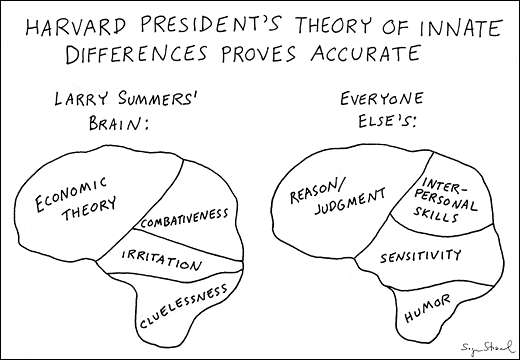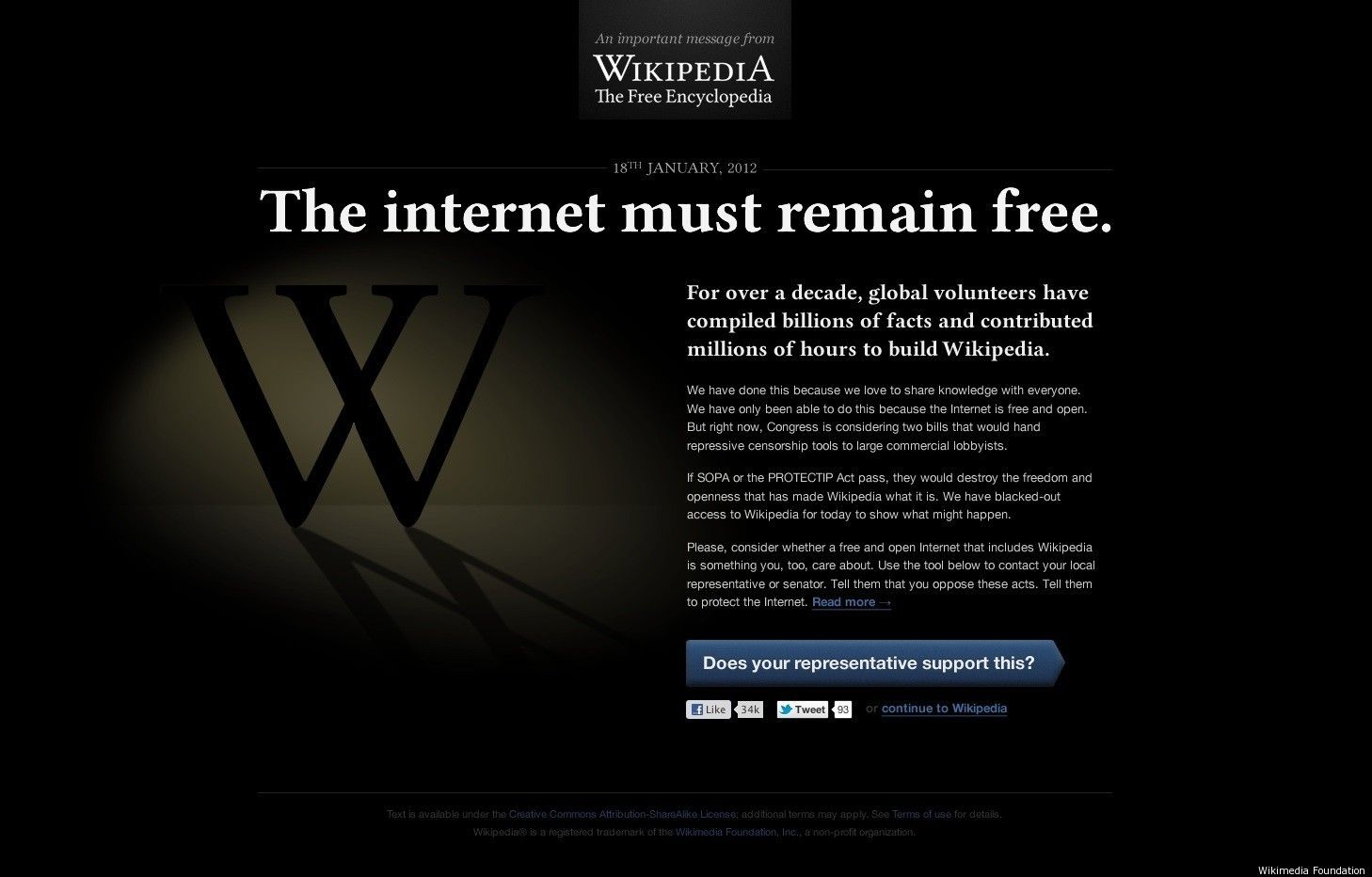“Punting the Pundits” is an Open Thread. It is a selection of editorials and opinions from around the news medium and the internet blogs. The intent is to provide a forum for your reactions and opinions, not just to the opinions presented, but to what ever you find important.
Thanks to ek hornbeck, click on the link and you can access all the past “Punting the Pundits”.
Bernie Sanders: We Must Stop This Corporate Takeover of American Democracy
The corporate barbarians are through the gate of American democracy. Not satisfied with their all-pervasive influence on our culture, economy and legislative processes, they want more. They want it all.
Two years ago, the United States supreme court betrayed our Constitution and those who fought to ensure that its protections are enjoyed equally by all persons regardless of religion, race or gender by engaging in an unabashed power-grab on behalf of corporate America. In its now infamous decision in the Citizens United case, five justices declared that corporations must be treated as if they are actual people under the Constitution when it comes to spending money to influence our elections, allowing them for the first time to draw on the corporate checkbook – in any amount and at any time – to run ads explicitly for or against specific candidates.
What’s next … a corporate right to vote?
Don’t laugh. Just this month, the Republican National Committee filed an amicus brief in a US appeals court contending that the natural extension of the Citizens United rationale is that the century-old ban on corporate contributions directly to candidates and political parties is similarly unconstitutional. They want corporations to be able to sponsor candidates and parties directly while claiming with a straight face this would not result in any sort of corruption. And while, this month, they take no issue with corporations being subject to the existing contribution limits, anyone paying attention knows that eliminating such caps will be corporate America’s next prize in its brazen ambition for absolute control over our elections.
Mary Ellen O’Connor: Why Obama’s ‘Targeted Killing’ is Worse than Bush’s Torture
Both are legally prohibited but speciously justified by the White House. The difference? Obama’s policy kills innocent bystanders
By June 2004, it was confirmed that the US was using torture at secret detention sites and at Guantánamo Bay, Cuba. It was in that month that piles of “torture memos” were released to the public. Torture did not officially end until President Obama took office in January 2009.
A similar story is emerging with respect to targeted killing. The Obama administration has produced its own infamous memo; like many of the torture memos, it was written by lawyers in the Department of Justice’s Office of Legal Counsel. It concerns something that many consider worse than torture: the memo apparently seeks to justify “targeted killing”.
Calls have gone out for the release of the memo, but there really is no need. We did need to see the torture memos, but not because anyone with legal expertise on the subject would be enlightened by the analysis – torture is absolutely prohibited. The legal analysis could only be specious. Rather, prior to mid 2004, the use of torture, rendition and secret detention were only rumored. The fact of the memos gave credence to speculation.
After a long, dark period of stagnant progressive momentum and pay-to-play politics, this week saw a flurry of progressive victories that could upset the conventional wisdom about a post-Citizens United world.
This morning’s announcement by Harry Reid that the Senate is postponing the Protect Intellectual Property Act (PIPA) vote would have been almost unimaginable as recently as a week ago, when PIPA and its House counterpart, SOPA (the Stop On-line Piracy Act), were considered done deals. Only a handful of disgruntled geeks stood in the way of an industry power grab that would have blessed online censorship and stifled innovation. But the bills’ promoters failed to anticipate the power of “Blackout Wednesday” to popularize the outrage. Suddenly, it wasn’t just geeks. Congress started fielding calls from people unable to sell couches on Craigslist and harried parents of students desperate to consult Wikipedia for school papers. Thus sounded the death knell for the bills.
While the tactical decision to pull down popular sites in protest of these bills were tailored to the Internet blackout bills, the other two major victories this week-the rejection of the massive Keystone oil pipeline and the submission of 1.9 million signatures to recall union-busting Wisconsin Governor Scott Walker-were also made possible by fusing old-school community organizing with innovative netroots strategies.
New York Time Editorial: Egypt’s Economic Crisis
In the year since President Hosni Mubarak was ousted, Egypt has faced many challenges: the military-led government’s brutality against protesters and pro-democracy groups, its resistance to handing power to civilian leaders and the rise of Islamists in the country’s first free elections. Now worsening economic conditions are further sabotaging hopes for a democratic future.
The country’s foreign currency reserves have fallen from a peak of $36 billion to about $10 billion and could run out entirely by March. The currency is under severe pressure, and a steep drop in the exchange rate could bring painful inflation and more social unrest. Youth unemployment is about 25 percent, a dangerous situation where 60 percent of the citizens are 30 and under.
Egyptians want jobs, education and a say in governance. Many are justifiably angry about the military’s autocratic control – and will be angrier still if economic conditions deteriorate further. They aren’t the only ones with a stake in the outcome. Egypt is the fourth-largest economy in the Middle East. Its success, or failure, will have a huge impact on the region and beyond.
John Nichols Forget Romney, Gingrich Is Running Against ‘Liberal Media’-and It Might Work
Fifteen years ago, then-House Speaker Newt Gingrich was arguing that President Clinton’s personal foibles were fair game for political debate, and ultimately justification for impeachment.
Now, as he seeks the Republican presidential nomination as a “moral values” candidate, Gingrich is suddenly facing charges, raised by an ex-wife, about his own personal foibles. Those questions arose on the eve of the final debate before the critical South Carolina primary, in which Gingrich has surged to a top-tier position. The former Speaker needed one more opportunity to distinguish himself as the meanest dog in the GOP junkyard-a socialist-ripping pit bull as compared with the French poodle that is Mitt Romney.
And he got it in Thursday night’s last pre-primary debate. [..]
The man who raised tough questions about Bill Clinton’s shaky claim to moral authority blamed a media personality for asking tough questions about his shaky claim to moral authority. Then Gingrich announced that he was “tired of the elite media protecting Barack Obama by attacking Republicans.”
Reasonable people can debate whether Obama has been “protected” by the media.
On Thursday night, however, that wasnt what Newt Gingrich was really complaining about.
What he was really complaining about was John King’s refusal to protect Newt Gingrich.
Maureen Dowd: Opening Newt’s Marriage
Right now, you are probably asking yourself whether two divorces, a history of adultery and an ex-wife who says you asked for an open marriage would be enough to disqualify a person from becoming president of the United States.
O.K., pretend that was what you were asking yourself.
Sex was one of the topics very much on the minds of voters as South Carolina prepared to go to the polls on Saturday. Also, there was the big debate, in which Newt Gingrich said that asking about the open marriage thing was “despicable.” That was also when Mitt Romney slipped and referred to health reform in Massachusetts as “Romneycare,” which I enjoyed very much.
Meanwhile, elsewhere in the campaign, Herman Cain announced that he was endorsing “the people” for president. On behalf of the people, I would like to say that, if elected, we promise to balance the budget, release Mitt Romney’s tax returns and pass a law against driving to Canada with an Irish setter tied to the roof of the car.

 If there could possibly be a worse choice to head the World Bank when Robert Zoellick’s term expires later this year, I am sure that President Obama would find him or her. The rumors are that the president has decided to leave his “mark” on that banking institution by nominating Larry Summers for the position. Yes, that Larry Summers of the Harvard president of misogyny fame who was chief architect of banking deregulation that led to the repeal of Glass – Stiegel during the Clinton, that begat our current financial crisis. The Larry Summers who dismissed out of hand the suggestion that a bigger stimulus package would do more to boost the economy most likely because it was a woman, Christine Roemer, who proposed it.
If there could possibly be a worse choice to head the World Bank when Robert Zoellick’s term expires later this year, I am sure that President Obama would find him or her. The rumors are that the president has decided to leave his “mark” on that banking institution by nominating Larry Summers for the position. Yes, that Larry Summers of the Harvard president of misogyny fame who was chief architect of banking deregulation that led to the repeal of Glass – Stiegel during the Clinton, that begat our current financial crisis. The Larry Summers who dismissed out of hand the suggestion that a bigger stimulus package would do more to boost the economy most likely because it was a woman, Christine Roemer, who proposed it. This afternoon in raids that extended as far as New Zealand, the
This afternoon in raids that extended as far as New Zealand, the  It certainly been an eventful day. The two bills, Stop Online Piracy Act (SOPA) and Protect Intellectual Property Act (PIPA), were
It certainly been an eventful day. The two bills, Stop Online Piracy Act (SOPA) and Protect Intellectual Property Act (PIPA), were 
 Over the weekend the discussion about bills pending in Congress that would change the Internet has started to get some attention. Opposition to
Over the weekend the discussion about bills pending in Congress that would change the Internet has started to get some attention. Opposition to 
Recent Comments